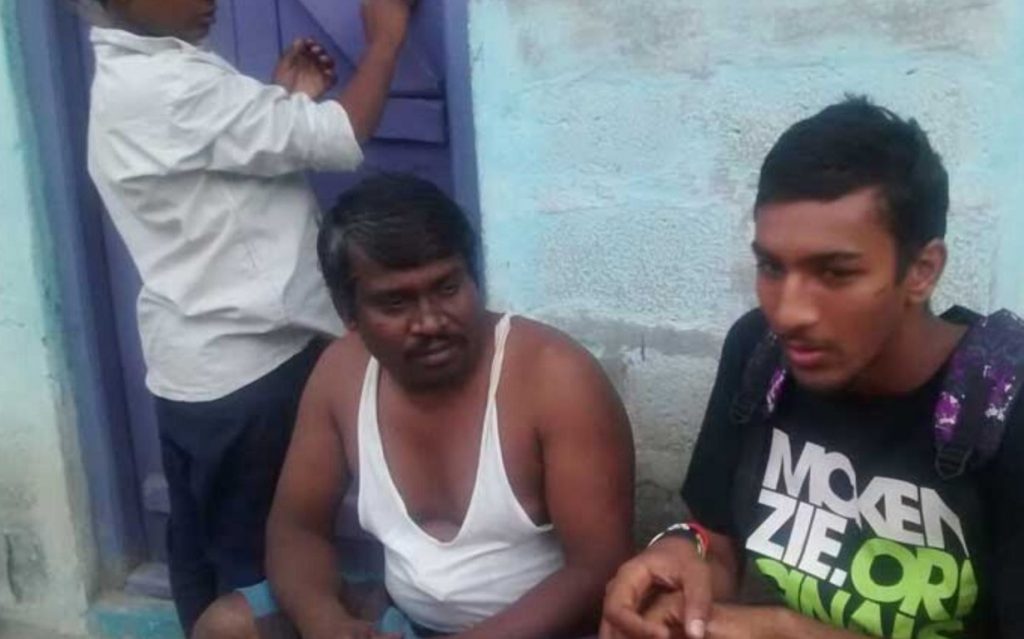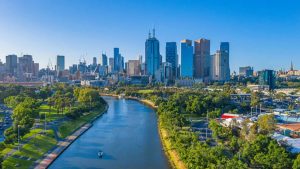
Conversation For Change – Conserving Earth
India generates 150 million tonnes of waste every day, of which only 15% gets recycled and the rest is allowed to get dumped in the landfills!
To acquaint the people and to motivate them, Syed Ismail and Smriti Tiwari from the Earth5R Bangalore team initiated a Conversation for Change at JD Mara Slum, Bannerghatta Road, Bangalore. This slum is spread across 8 acres and is right next to the Bannerghatta main road. They spoke to nearly 20 people about the problems faced with regard to basic needs like food, water, toilets and waste management.
Two major problems were identified: lack of adequate toilet facilities and absence of Waste Storage. One public toilet charges Rs. 5 per use for both, males and females. Some homes have been provided with pits that collect the excreta in a chamber which is then emptied in open drains by the residents. Open defecation on the footpath is also a common sight. People are still waiting for proper water supply and outlet drains.
All residents dump their garbage on the footpath next to the slum for BBMP collection. There are huge piles by the end of the day which are an inconvenience for the residents and passer-byes. In the slum itself, there are only mud roads which are harmful to children and senior citizens and cause a big trouble during the rainy season, as houses are flooded with mud and garbage during heavy rains.
Another issue faced is that of water scarcity. The corporation water comes once in 4 days for a maximum time of 30 minutes. They have a common water tank at the outskirts of the slum residential area but it cannot be accessed by all at all times of the day and hence hinders everyday activities that require water.
However, there is a positive spirit to see that most children in this slum go to schools. There is an Anganwadi and Government School within the slum premises and also other private schools close by and these can be used as a medium to create awareness for problem solving and healthier living.
These schools can also be a medium to disseminate alternatives to live with available condition by using resources appropriately. The team planned to use this Conversation for Change as a starting point for future actions. The children here are the instruments of change. It is them, who can help with problems of waste segregation and open defecation and improve the situation here.
For the sanitation problem, the team wants to install Bio-toilets like those provided by Wockhardt International and compost toilets that can bring change in the lives of these residents. The team hopes to work closely with the residents to improve their living conditions and close the loop of documentation, action and positive change in the near future.
-Reported by Smriti Tiwari. Edited by Vandita Morarka & Pragya Lodha




